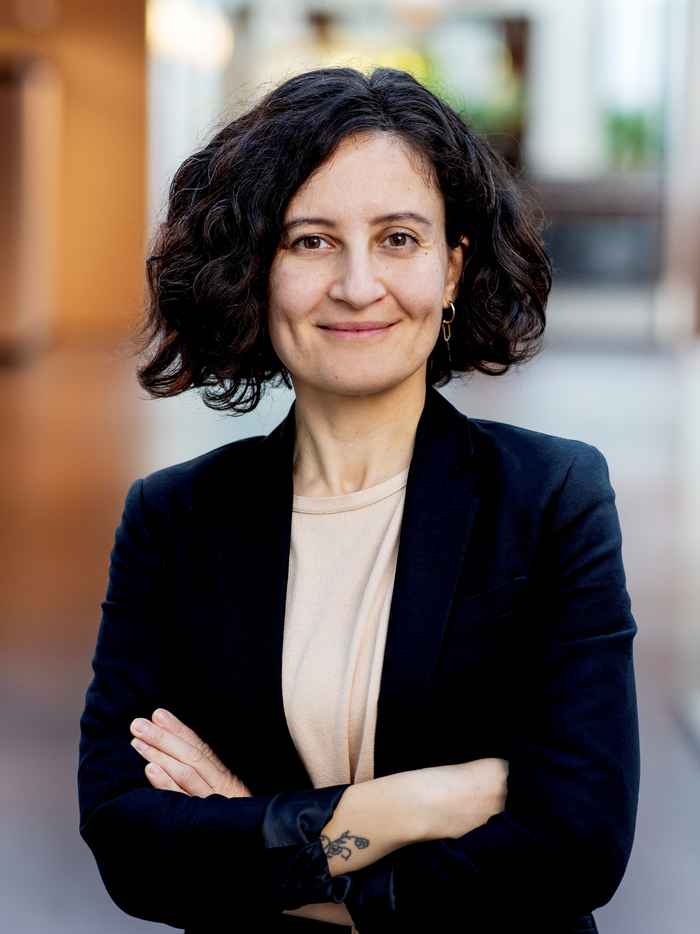How to have humans in climate policy models?
Kick-off lecture by Sibel Eker
- Date
- 28 February 2024
- Time
- 12:00 -14:00
- Location
- Oude Turfmarkt 145-147
- Room
- Sweelinck Room

How to have humans in climate policy models?
Humans are both the cause of and the solution for climate change. Paradoxically, while human activities are at the core of climate issues, contemporary computational models underpinning climate policies often overlook the complexity of human behavior. For instance, widespread behavioral changes such as reducing red meat consumption or switching to a low-carbon transport mode are crucial and urgent to achieve the climate targets, yet the models that generate the future emission scenarios do not explicitly represent the social dynamics of such widespread changes. Incorporating social dynamics is however essential to estimate the feasible potential of behavior changes, to project more plausible emission scenarios, and to identify the tipping points and interventions for upscaling and accelerating behavior change.
In this talk, Sibel Eker will present an integrated, dynamic, cross-disciplinary perspective on the co-evolution of individual, social, economic and environmental factors behind societal change, and delve into modeling social dynamics to bridge individual behavior and macro-level consumption. She will introduce a computational framework grounded in system dynamics modeling that combines bottom-up evidence from online social media data and participatory modeling with top-down economic and environmental assessments of behavior change in climate policy models.
Programme
| 12:00 | Lunch on arrival |
| 12:30 | Welcome & introduction by Huub Dijstelbloem |
| 12:40 | Lecture by Sibel Eker |
| 13:40 | Q&A |